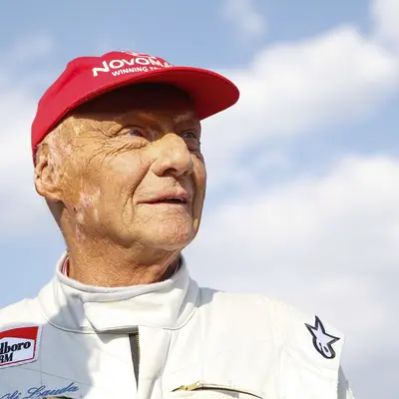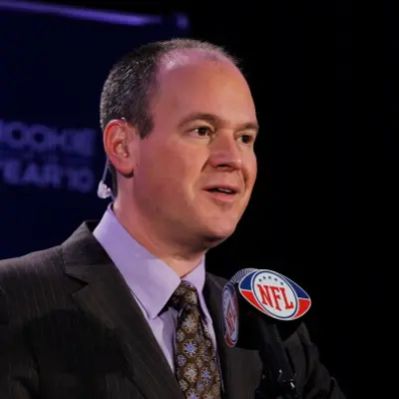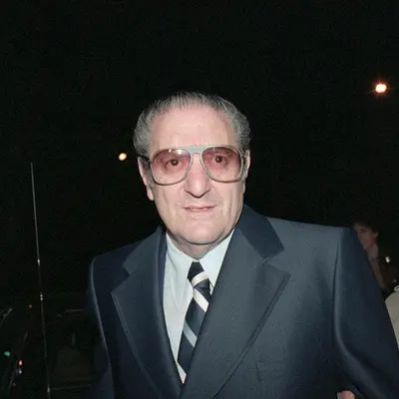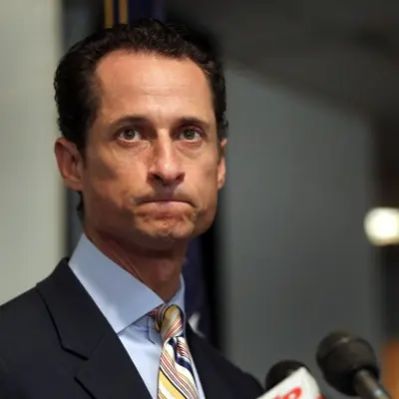What Is Andreas Nikolaus “Niki” Lauda Net Worth?
Andreas Nikolaus “Niki” Lauda, the celebrated Austrian Formula One champion, had a net worth of approximately $200 million at the time of his passing in May 2019. This substantial net worth was accumulated through a combination of his racing career, strategic business ventures, and savvy investments.
Niki Lauda’s Financial Success Through Racing and Endorsements
Lauda’s journey to financial success began with his Formula One debut in 1974. His performance quickly translated into lucrative contracts and endorsements. Although precise figures for his early Ferrari contracts are not publicly available, his move to Brabham-Alfa Romeo in 1978 secured him a $1 million annual salary, equivalent to roughly $4 million when adjusted for inflation to today’s standards. This salary highlighted his market value as a top-tier driver.
After his brief retirement, Lauda’s return to Formula One with McLaren in 1982 marked another significant milestone in his earning potential. His deal with McLaren was valued at $3 million per year, approximately $12 million in today’s money, underscoring his enduring appeal and marketability within the sport. During his racing career, Niki entered 171 races and secured 25 wins, along with three world championships, which significantly boosted his earnings through prize money and endorsements.
Beyond direct salary and race winnings, Lauda supplemented his income through endorsements and sponsorships. Specific details of these contracts are not fully disclosed, but it is known that he secured deals with various brands eager to associate with his image as a champion and survivor. These endorsements contributed substantially to his overall net worth.
Niki Lauda’s Business Ventures: Airlines and Investments
Niki Lauda’s entrepreneurial spirit extended beyond the racetrack. In 1979, he founded Lauda Air, a private airline. While the initial investment and operational costs are not fully documented, the eventual sale of Lauda Air to Austrian Airlines in 1999 provided a substantial return. Although the exact sale price remains confidential, it significantly bolstered Lauda’s financial standing.
Following the sale of Lauda Air, Niki founded Niki, another airline, in 2003. Niki’s merger with Air Berlin in 2011 further diversified Lauda’s business portfolio. In 2016, Lauda acquired Amira Air, a charter air company, rebranding it as LaudaMotion. The financial details of these transactions and the subsequent profitability of these ventures remain largely undisclosed, but they contributed to his diversified income streams.
One of Lauda’s most astute business decisions was his involvement with the Mercedes Formula One team. Hired as a non-executive director in 2012, Lauda received a 10% ownership stake in the team. Given the increasing value of Formula One teams and the success of Mercedes, this stake likely generated significant returns. While the precise valuation of his stake at the time of his death is not publicly available, it was a significant component of his net worth.
Real Estate, Personal Life, and Other Assets
Information regarding Niki Lauda’s specific real estate holdings is limited. However, as a high-net-worth individual, it is plausible that he owned properties in Austria and other locations. The valuation of these properties would have contributed to his overall net worth.
Niki Lauda’s personal life also played a role in his financial narrative. His marriages to Marlene Knaus in 1976 and later to Birgit Wetzinger in 2008 led to the birth of his children, each playing a role in his life and legacy. Mathias Lauda followed in his father’s footsteps, becoming a race car driver, while Lukas managed his brother’s career.
In addition to his real estate and airline ventures, Lauda also authored five books, including “My Years with Ferrari” (1978) and “To Hell and Back: An Autobiography” (1986). The sales and royalties from these books, while not individually significant, added to his income.
While the specific details of his personal assets such as private planes and luxury cars are not widely documented, it is reasonable to assume that Lauda, given his wealth, had a collection of high-value assets. The total valuation of these assets would have further contributed to his net worth.
Niki Lauda’s Legacy and Net Worth Milestones
Niki Lauda’s career and business ventures marked several key milestones in his net worth accumulation. His Formula One championships in 1975, 1977, and 1984 boosted his earnings and marketability, securing lucrative contracts and endorsements.
The sale of Lauda Air in 1999 represented a significant financial event, providing capital for future ventures. His subsequent involvement with Niki and LaudaMotion continued to diversify his income streams.
Lauda’s role with the Mercedes Formula One team, including his 10% ownership stake, proved to be one of his most astute financial decisions. The team’s success and the increasing value of Formula One assets significantly augmented his net worth.
Niki Lauda’s career serves as an example of how success in sports, combined with strategic business decisions, can lead to substantial wealth accumulation. His legacy extends beyond the racetrack, encompassing his entrepreneurial ventures and contributions to Formula One. His financial success, estimated at $200 million at the time of his death, reflects his achievements in both arenas.
 Net Worth Ranker
Net Worth Ranker




























































